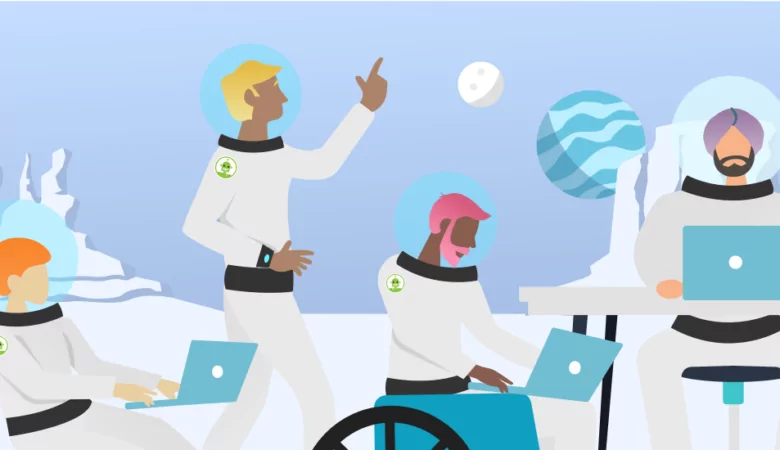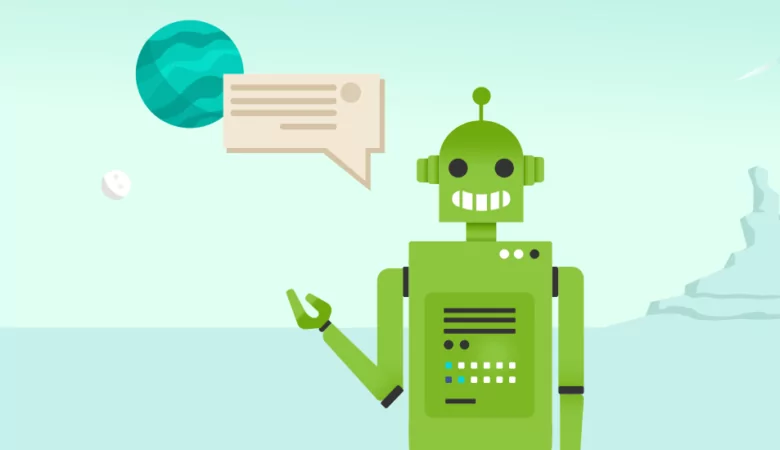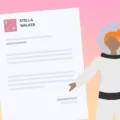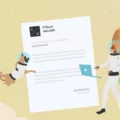The job interview is a key part of the job search process. Let’s look at the most common interview questions and some example answers.
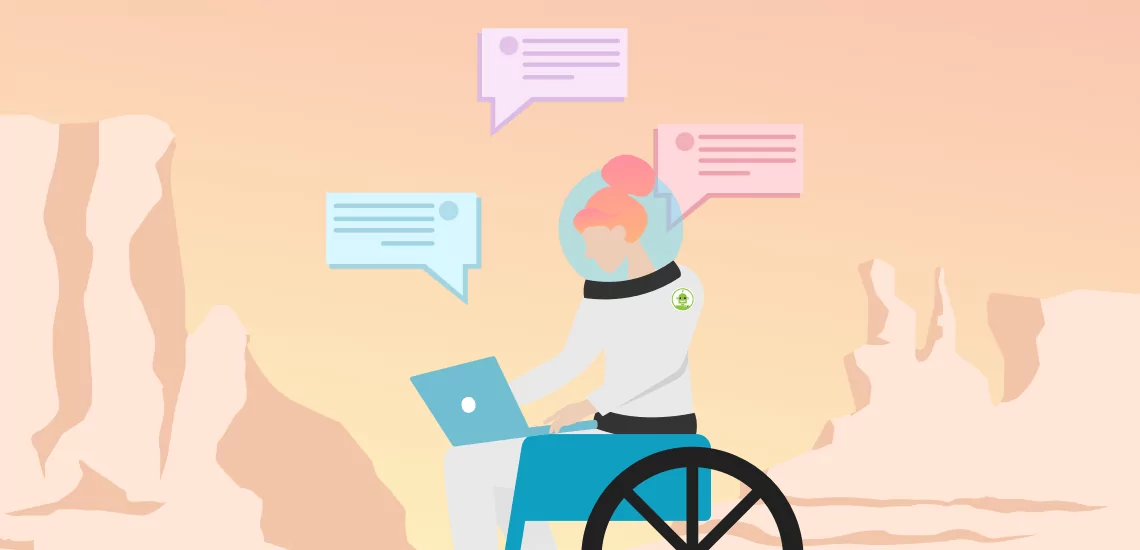
Common Interview Questions Hiring Managers Will Ask You
Job Interview Questions and Answers
The interview process can be harrowing for any job seeker. Being prepared can help alleviate that stress and help land your next job with ease.
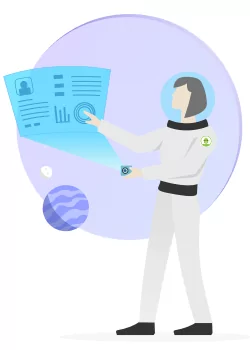
Behavioral Interview Questions vs. Situational Interview Questions
Interview questions can be categorized into two different types: behavioral and situational. Behavioral interview questions focus more on past work experience. Many of the most common interview questions are behavioral interview questions. Situational interview questions, on the other hand, ask how you would handle a specific situation that is common to the workplace. Good answers to these questions will require a bit of thought and will often tell the hiring manager a lot about how well you’d fit into the work environment. By being honest and applying your specific skills to the situation, a hiring manager can get a good glimpse into your work ethic and style. If you need more interview preparation advice, ResumeNerd’s blog has plenty of tips for you to use. Now let’s look into some of the most common interview questions and great sample answers.
Eight Common Interview Questions
Tell me about yourself.
The best answer to this question will relay your skills and previous work experience (as they relate to the job description) in further detail. Your resume and cover letter can touch on these topics briefly, and you can then use the interview to talk more about how you would be the perfect fit for the job.
Why do you want this job?
You can emphasize that this specific position is your dream job and why you think your skills make you the perfect fit for the job. Conversely, the best answer to this question should talk more about what you can provide the company instead of vice versa.
Why are you leaving your current job?
Again, wording is key here. You don’t want to tell the hiring manager that your last job wasn’t fun to work at or complain about your current employer. Even if your boss isn’t the best, it isn’t a good look to talk badly about them to a potential employer either.
Instead, focus on the benefits this new job will bring to your career. You can discuss how this job position is more in line with your interests and long-term goals.
Sample answers to use include:
“I’ve always been interested in [Industry] and the role of [job position] seemed like the perfect opportunity to break into this industry. Being a [senior staff position] is ultimately my goal, so I hope to learn a lot about this type of work in the [job position] role.”
“I have three years of [related work experience], so I think it’s time for me to move up in my career path. [Senior job position] will be a great chance for me to display my leadership skills.”
What motivates you?
It’s best not to use a generic answer like, “I wake up motivated every day.” Instead, tailor your answer to an aspect of the job that will motivate you. For instance, a good answer would be something like, “I’m a team player, so problem-solving with my team members will be a fun challenge for me.”
You can also relate your answer to your greatest strength.
What is your greatest strength?
Writing down a list of your work-related strengths beforehand is a good start. Then you should pick out a couple that would really make you shine in the role.
You also want to talk about a professional achievement you were able to accomplish because of that particular strength. For instance, if you are outgoing and get along with other team members, then you can talk about how your teamwork skills at your previous job led to a boost in sales or revenue.
What is your biggest weakness?
This might seem like a trick question. After all, talking about your biggest weakness will only make you seem like a less than perfect fit for the job, right? Not so.
Instead, frame your answer in a way that turns your greatest weakness into a learning opportunity that this new job will provide for you.
For example:
My biggest weakness is that I lack experience in Public Relations. In my new media relations role, I hope to learn more about the tools of the trade and learn what it takes to become successful in this industry.
Where do you see yourself in five years?
This question lets the hiring manager know about your specific career goals and that you will not just be interested in the company for the short term. You might want to draft several sample answers that you can adjust to the job you are applying for.
Is there anything else you want to ask us?
It is always a good idea to have at least one or two questions in mind. Remember, the job interview isn’t just for the hiring managers. You also want to make sure that this job is truly the right fit for your career goals too.
Here are some sample questions to ask:
- “What is the company culture like?”
- “What will the average day of [job position] be like?”
- “What’s your favorite part about working here?”
FAQs: Job Interview Questions and Answers
Your salary expectations should not be a surprise before you start working there. However, you shouldn’t ask about salary from the get-go or it can make you seem like you’re only interested in the money. Learn more about how to negotiate your salary at ResumeNerd.
The hiring process is often a long road. It can take anywhere from one week to one month or more for a hiring manager to select the right candidate for the job. Wait about seven to ten days after the interview before following up.
The interviewer should never ask anything too personal or about anything unrelated to the job itself. If the interviewer can’t seem to answer your questions directly or without using any fancy buzzwords, that is also a red flag.
